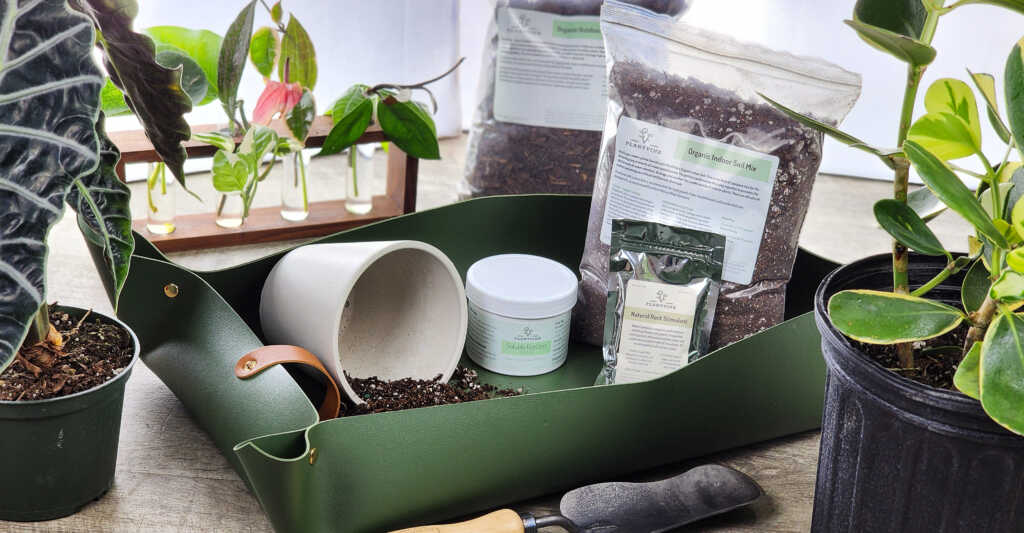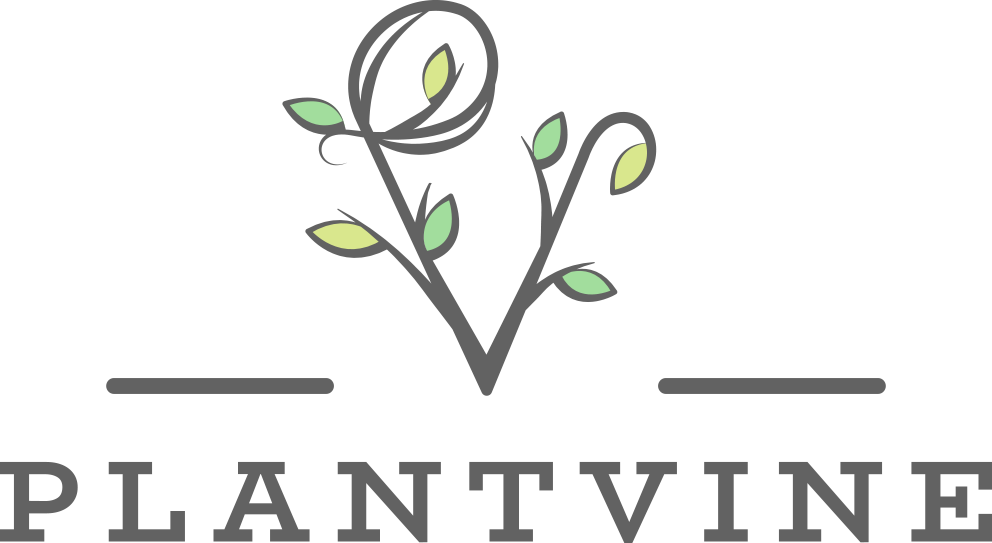
Potting soil serves as the nurturing bedrock for plants, providing them with essential nutrients, support, and a conducive environment for robust growth. While off-the-shelf potting mixes offer a solid foundation, augmenting them with natural ingredients can exponentially enhance their efficacy. In this exploration, we delve into a plethora of natural elements that can be seamlessly integrated into potting soil to foster flourishing plant life, unraveling their benefits and optimal application.
Compost
Compost stands as a pinnacle of organic soil amendments, a nutrient-rich concoction crafted from the alchemy of decomposed organic matter. Originating from a medley of kitchen scraps, yard waste, and other organic materials, compost brings forth a treasure trove of benefits. Its rich composition, laden with nitrogen, phosphorus, and potassium, bestows upon the soil a bounty of essential nutrients vital for plant health. Moreover, compost bolsters soil structure and water retention capabilities while nurturing a flourishing ecosystem of beneficial microorganisms. Its versatility renders it suitable for incorporation into potting soil prior to planting or as a rejuvenating topdressing throughout the growing season.
Worm Castings
Nature’s own elixir, worm castings, also known as vermicompost, emerge as the byproduct of earthworms’ diligent digestion of organic material. Birthed through the process of vermicomposting, wherein organic waste is diligently devoured by earthworms, these castings epitomize organic richness. Laden with an abundance of beneficial microbes, enzymes, and essential nutrients like nitrogen, phosphorus, and potassium, worm castings fortify soil structure and foster robust root development. As a soil amendment, they serve as a beacon of vitality, enriching the soil with life-giving nutrients and promoting plant immunity. Incorporate worm castings into potting soil blends or administer them as a rejuvenating topdressing to invigorate plants throughout their growth journey.
Coconut Coir
Derived from the fibrous husks of coconuts, coconut coir, or coco coir, emerges as a sustainable alternative to traditional soil amendments. This natural fiber, renowned for its impeccable moisture retention capabilities and superior drainage properties, holds the potential to revolutionize potting soil compositions. Offering a breathable, moisture-rich environment conducive to root growth, coconut coir serves as an invaluable asset in potting mixes, particularly for moisture-loving plants. Whether integrated into potting blends or utilized as a standalone soil amendment, coconut coir paves the way for luxuriant growth and vibrant foliage.
Perlite
Hailing from volcanic origins, perlite emerges as a lightweight, porous mineral renowned for its impeccable drainage and aeration properties. Born from the fiery depths of volcanic eruptions, perlite undergoes a transformative expansion process, resulting in airy, porous particles ideal for enhancing soil structure. By facilitating optimal air circulation and water drainage, perlite prevents soil compaction and fosters healthy root development. Its inclusion in potting soil mixes, especially for succulents and cacti, ensures an environment conducive to flourishing plant life.
Vermiculite
Derived from naturally occurring minerals, vermiculite emerges as a versatile soil amendment revered for its moisture-retention capabilities and nutrient-rich composition. As a lightweight, absorbent material, vermiculite holds the key to unlocking optimal soil moisture levels essential for plant vitality. Furthermore, its innate ability to improve nutrient availability and support seed germination renders it indispensable in potting soil formulations. Whether integrated into potting mixes or employed as a standalone soil amendment, vermiculite augments soil fertility and fosters robust plant growth.
Bone Meal
Crafted from the remnants of animal bones, bone meal emerges as a potent natural fertilizer rich in phosphorus and calcium. Originating from the bountiful earth, bone meal stands as a testament to nature’s wisdom, fortifying plants with essential nutrients vital for growth and development. Its application, whether mixed into potting soil blends or administered as a targeted side dressing, promotes vigorous root development, strengthens plant structure, and stimulates flowering and fruiting.
Egg Shells
Egg shells, often overlooked in their humble form, possess untapped potential as a valuable soil amendment. Rich in calcium carbonate, egg shells not only deter pests like slugs and snails but also contribute essential nutrients to the soil. When crushed and incorporated into potting soil, egg shells gradually release calcium, promoting strong cell wall development in plants and warding off disorders like blossom end rot in tomatoes. Additionally, their slow decomposition process ensures a steady supply of nutrients, making them a sustainable and cost-effective addition to potting mixes.
Coffee Grounds
The aromatic remnants of your morning brew hold more than just wake-up power—they serve as a potent source of organic matter for potting soil enrichment. Coffee grounds, brimming with nitrogen and trace minerals, infuse the soil with vitality while enhancing microbial activity. Their acidic nature makes them particularly beneficial for acid-loving plants like azaleas and rhododendrons. When incorporated into potting soil, coffee grounds aid in moisture retention, promote healthy root growth, and deter pests like slugs and snails. To unlock their full potential, mix coffee grounds into potting soil or sprinkle them as a topdressing for a nutrient-rich boost.
Sphagnum Moss
Hailing from the boggy realms of wetlands, sphagnum moss emerges as a versatile ally in potting soil formulations. Renowned for its exceptional water retention capabilities, sphagnum moss serves as a moisture reservoir, ensuring plants stay hydrated during dry spells. Its acidic pH makes it an ideal addition for acid-loving plants, while its antiseptic properties deter fungal growth and disease. Whether used as a soil amendment to improve moisture retention or as a lining for hanging baskets and terrariums, sphagnum moss adds a touch of lushness to potting soil mixes, fostering optimal conditions for plant growth and vitality.
Fish Emulsion
Crafted from the fermented remnants of fish, fish emulsion emerges as a potent liquid fertilizer teeming with nitrogen-rich goodness. As a byproduct of enzymatic digestion, fish emulsion embodies nature’s bounty, imparting a burst of vitality to plants. When utilized as a foliar spray or soil drench, fish emulsion delivers a concentrated dose of nutrients, fostering robust growth, enhancing soil fertility, and bolstering overall plant health.
Click here to learn more about the Science of Soil.
In the realm of plant cultivation, the integration of natural ingredients into potting soil stands as a testament to mankind’s symbiotic relationship with the earth. From the nutrient-rich depths of compost to the porous expanses of perlite, each natural ingredient offers a unique contribution to soil health and plant vitality. By embracing these organic treasures and incorporating them into potting soil formulations, gardeners can cultivate an environment ripe for flourishing plant life. As we embark on this journey of cultivation, let us heed the wisdom of nature and harness the power of natural ingredients to nurture a verdant tapestry of life.


